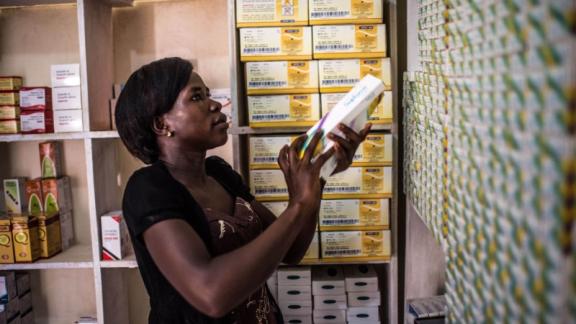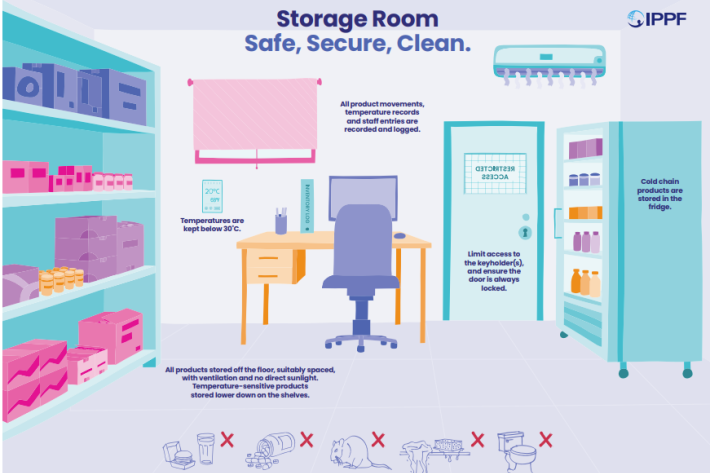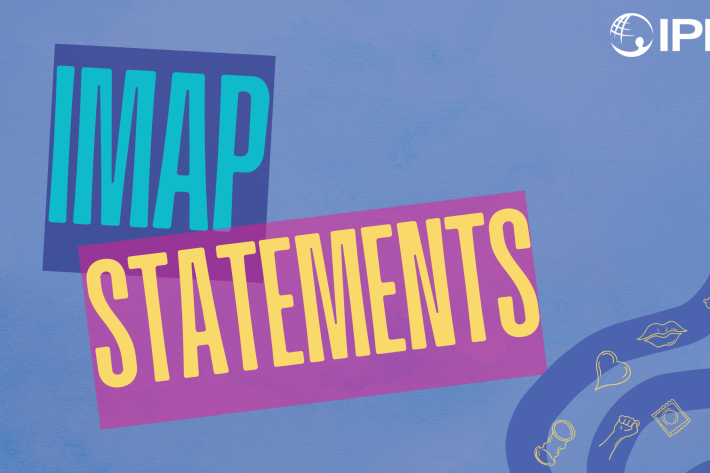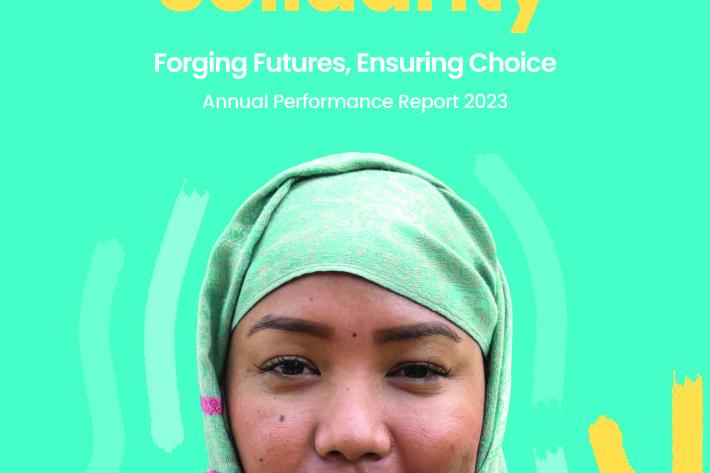Spotlight
A selection of resources from across the Federation
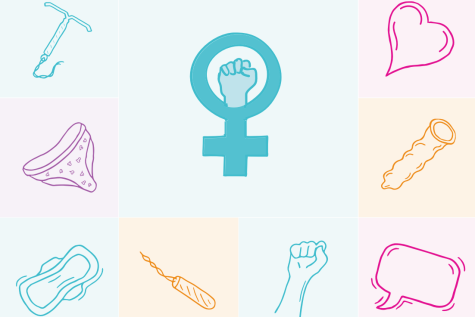
Technical Brief: Designing and Delivering Inclusive, Rights-Based Sexual and Reproductive Healthcare to Transgender and Gender Diverse People
This technical brief outlines key recommendations across several sexual and reproductive health service areas to promote access to inclusive care for transgender and gender diverse people.
Filter our resources by:

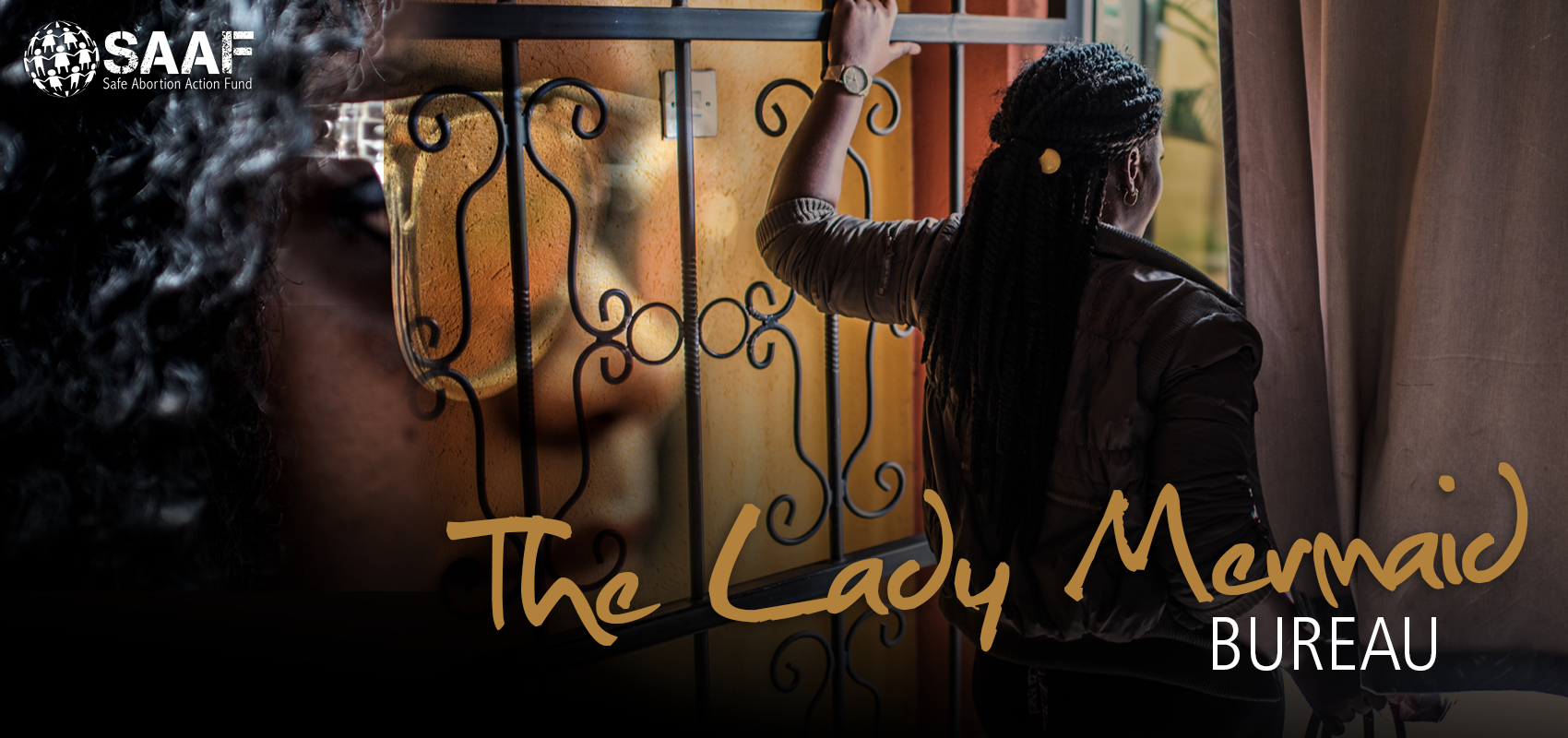
| 23 May 2017
Sex workers in Uganda: fighting violence and inequality
In Uganda, 42% of all pregnancies each year are unintended. The country's weak economy is exacerbated by high levels of gender inequality and poor access to jobs for women. Many women who turn to sex work are at risk of abuse and often rape. Abortion is heavily restricted in Uganda and clandestine safe services are very costly. This results in further poverty for many sex workers and sometimes unplanned pregnancies or even death from unsafe abortion. View the project and meet the women who are turning their lives around
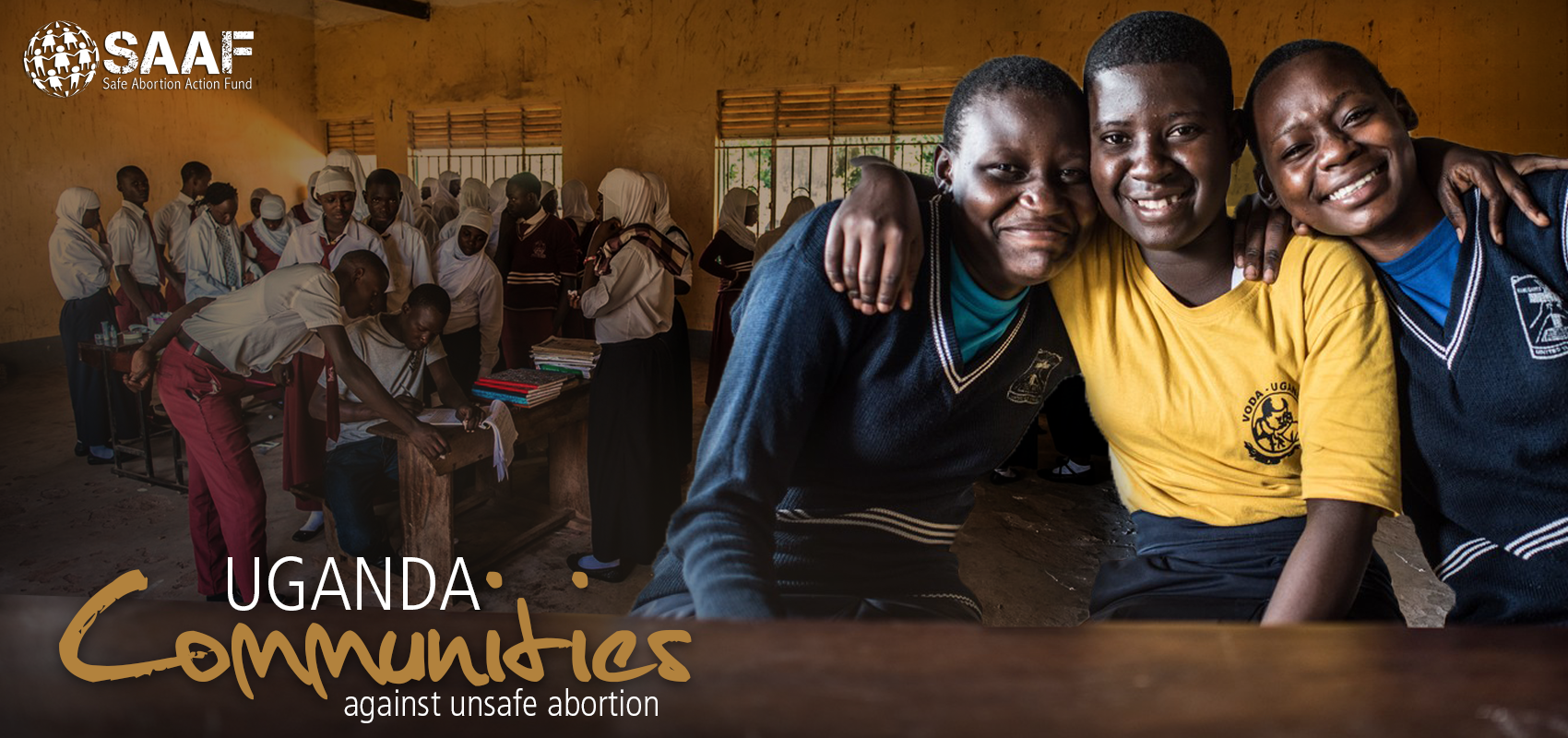
| 23 May 2017
Ugandan communities against unsafe abortions
Rural communities in Uganda have a high prevalence rate of gender inequality, sexual abuse and incest. There is little provision of sexual and reproductive health services and abortion is highly restricted. The Safe Abortion Action Fund, hosted by IPPF, is financing the grassroots organization, VODA, to empower young people as changemakers in their schools and communities. With training and support, peer educators have been educating friends about sexual and reproductive health, and local health providers are serving women in need. Death from unsafe abortion was once a widespread problem but through the power of peer education, these have almost disappeared and community attitudes towards safe abortion has been transformed. View the project and meet the school communities making change
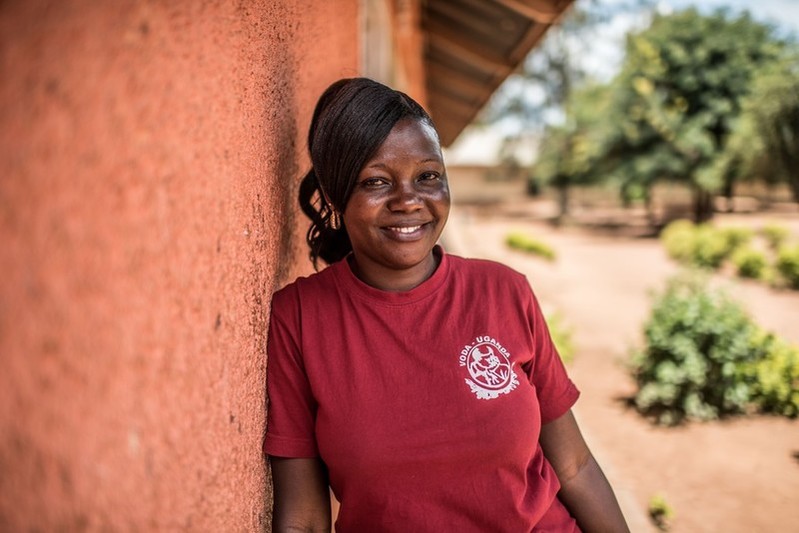
| 03 May 2017
Changing perceptions about abortion in rural Uganda
In the three years since the VODA Uganda project started there have been some incredible results. The project has brought about changes in perceptions about abortion in the community and schools, bringing community leaders and health workers on board, explaining the problems of unsafe abortion and directing girls and women to post-abortion care services. VODA (volunteers of development assistance) is a local, grassroots project funded by the Safe Abortion Action Fund (SAAF). The Safe Abortion Action Fund (SAAF) which is hosted by IPPF, was set up in 2006 in order to support grass-roots organisations to increase access to safe abortion. Photography © IPPF/Tommy Trenchard
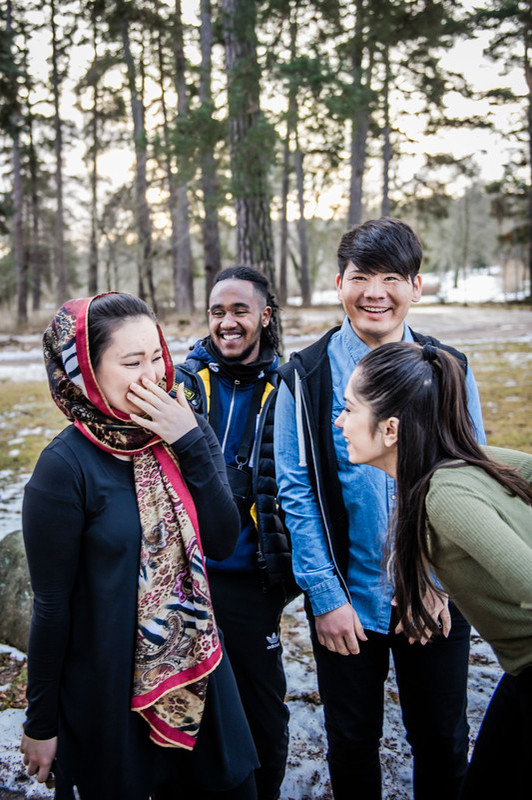
| 03 May 2017
Young immigrants in Sweden want to know more about sex
Many young immigrants arriving in Sweden have limited or no knowledge about sexual health. The Swedish Association for Sexuality Education in Sweden (RFSU), a member association of IPPF, has been working to help fill the gap by providing sexual health lessons to young asylum seekers with great responses. Kerstin Isaxon is an expert on comprehensive sexual education at RFSU. She works with educating staff and unaccompanied minors at group homes, as well as at high-school introductory Swedish programmes. She says: “These young people may not have been offered it in school, or their schooling may have been interrupted by war, poverty, persecution, or flight." In her view there is a great need for education about sex and relationships. REad their stories
| 05 April 2017
Improving the sexual health of young people after Cyclone Winston, Fiji
Even before Cyclone Winston, there was very little knowledge about contraception and sexually transmitted infections in Fiji. IPPF health professionals are now providing the affected population with counselling and advice on family planning and sexual health.
| 03 March 2017
IMAP Statement on youth peer provision models to deliver sexual and reproductive health services to young people
The purpose of this statement is to outline key components of the youth peer provision model, summarize existing evidence, and provide guidance to integrate this delivery approach into the existing sexual and reproductive health services offered by IPPF Member Associations.
| 01 March 2017
"If we could have accessed to contraception, my friend would be still alive"
Adama lost her best friend due to an unsafe abortion. This tragedy pushed her to work for and with young people to ensure them access to sexual and reproductive health information and services. WANT TO GET INVOLVED? SUBSCRIBE NOW TO GET UPDATES FROM IPPF SUPPORT OUR WORK WITH A DONATION
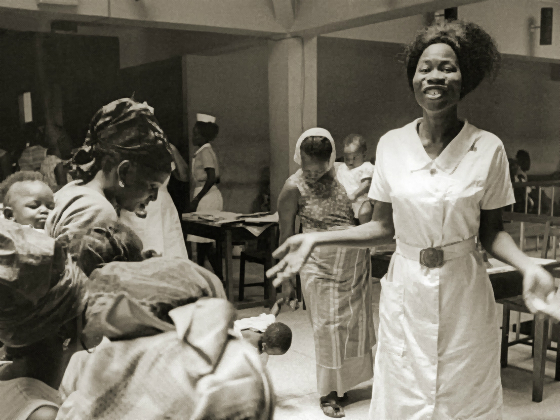
| 23 February 2017
Celebrating over 60 years of service delivery
For over 60 years, IPPF has been at the vanguard of the family planning movement, championing and fighting for rights‑based, voluntary family planning worldwide.
| 11 October 2016
Putting Sexuality back into Comprehensive Sexuality Education: tips for delivering sex-positive workshops for young people
Millions of young people around the world are not getting the kind of education they need and deserve when it comes to understand their sexuality. This document is designed to complement Putting Sexuality back into Comprehensive Sexuality Education: making the case for a rights-based, sex-positive approach, and it aims to give practical tips for putting IPPF's right-based, sex-positive approach, into practice.

| 11 October 2016
Putting Sexuality back into Comprehensive Sexuality Education: making the case for a rights-based, sex-positive approach
IPPF took initiative to develop this discussion paper after advocates and programmes identified a pattern whereby sexuality was becoming marginalised within, or entirely excluded from, CSE programmes and advocacy efforts. We believe that sexuality education programmes are worth investment and implementation because they empower, build self-esteem, competence and confidence and lead to better health and well-being for the individual young people they reach. This publication is complemented by Putting Sexuality back into Comprehensive Sexuality Education: tips for delivering sex-positive workshops for young people.







